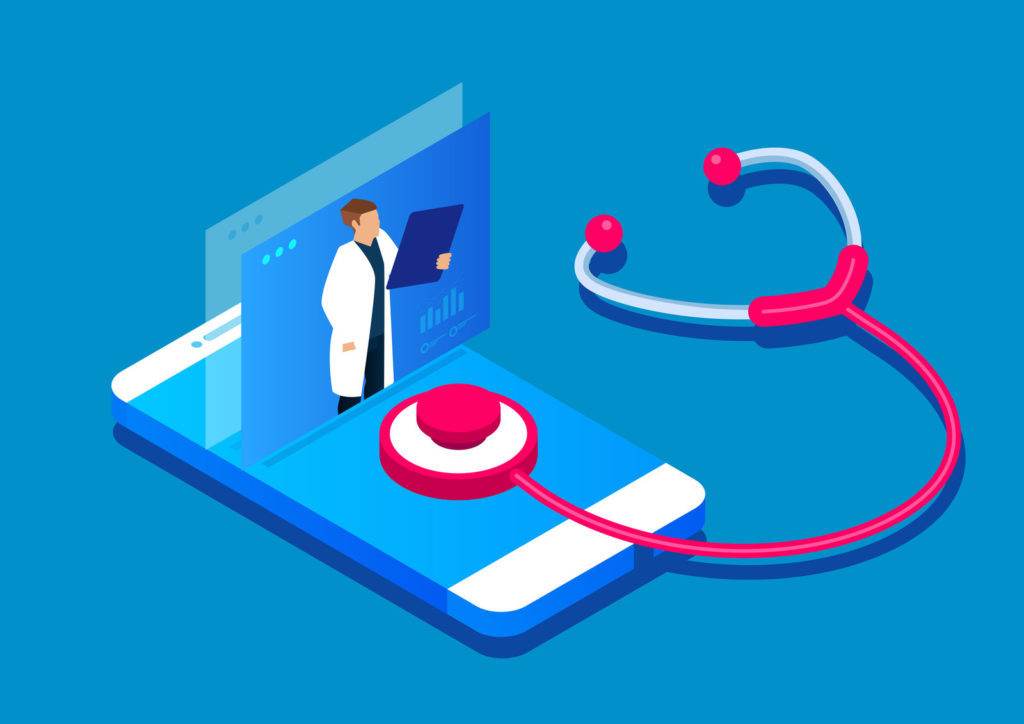“Patients Are Being Billed For Some Phone Chats With Doctors That Used To Be Free” – (And It Only Took a Global Disaster For Us To Get Here)

I came across this headline while taking my 10 pm break from charting patient visits from the nine hours I had just spent in the office. Why was I up charting at 10 pm, one might ask? Was there an important deadline? An unforeseen glut of extra work to accomplish? No. I was up working at 10 pm because I am usually up working at 10 pm. My employment contract pays me based on “patient contact hours” which does not account for all the time spent documenting, responding to requests, emails, refills, phone calls, reviewing labs, imaging, orders, referrals, consult notes and signing off electronically one by one on all the many verbal orders I have already given. COVID-19 has temporarily decimated the traditional “patient contact hour,” yet the humans under our care continue to need to be treated and managed, and we need to do it in a way that doesn’t threaten their lives, or ours, unnecessarily. Insurers’ workaround to make it possible for us to continue to do our jobs of helping people in the midst of a pandemic has begun to capture (via telemedicine), a little more specifically, the actual volume of work routinely required of us, well above and beyond (and currently largely replacing) the traditional “patient contact hour.” This shift has been a long time coming, and its expedited arrival has been admittedly messy.
Yes, gone are the good old days of medicine, when I used to be a man, and could saunter into my office smoking a cigarette, scribble a note in a paper chart, scribble a script on my carbon copy script pad, and walk out of the office at the end of the day with all my paperwork complete. Gone are the days when the work of a doctor largely involved actually treating patients. Or rather, the work has morphed over time, as medicine has become ‘safer’ and electronic medical records have prevailed, where everything can now be recorded, checked, stored, tracked, and human error can be significantly reduced by making sure the doctor verifies knowledge of every order placed, every phone call had, every visit spent with every specialist and so forth and so on in an ever-growing list of tasks, uncompensated by employers yet often required by insurers for reimbursement. Our dedication to our patients is as strong and true as it ever was, yet now a global microbiological disaster has allowed for the broad expansion of a delivery method that compensates us for a fraction of this hidden work we have continued to do for far longer than the sum total of our work has comfortably allowed us to do for free. It also sets aside time in our schedules to more directly and sensitively respond to the plethora of patient questions that can now be asked directly to the source, instead of through volleys of phone messages relayed by overtasked medical assistants and nurses. The headline reads almost as a wistful farewell to another pleasantry of the good old days of medicine that’s been gobbled up by the inhuman machine of modern medicine, when in reality those “phone calls that used to be free” exemplifies to those in the know how it unfortunately took a global pandemic for the basic structure of medicine delivery to become a little more personal, a lot safer, and a lot more efficient for patients and for clinicians. There are several things to reminisce about in medicine these days, like free cafeteria meals for hospital house staff, like being able to actually test patients for those virulent diseases you suspect they might have, while being able to wear the personal protective equipment that would drastically reduce your risk of contracting said virulent disease. There are several things to reminisce about in medicine these days but honestly NPR, the free phone call isn’t one of them.
Get our awesome newsletter by signing up here. We don’t give your email out and we won’t spam you









EHR propagates errors with a click of the mouse. With pen and paper, the brain has to be engaged before the pen moves. I will never forgive Obama for forcing this down our throats. Forcing Docs to pi$$ on everything. I’m looking forward to retiring at 63.5 years on July 1st and I won’t look back.